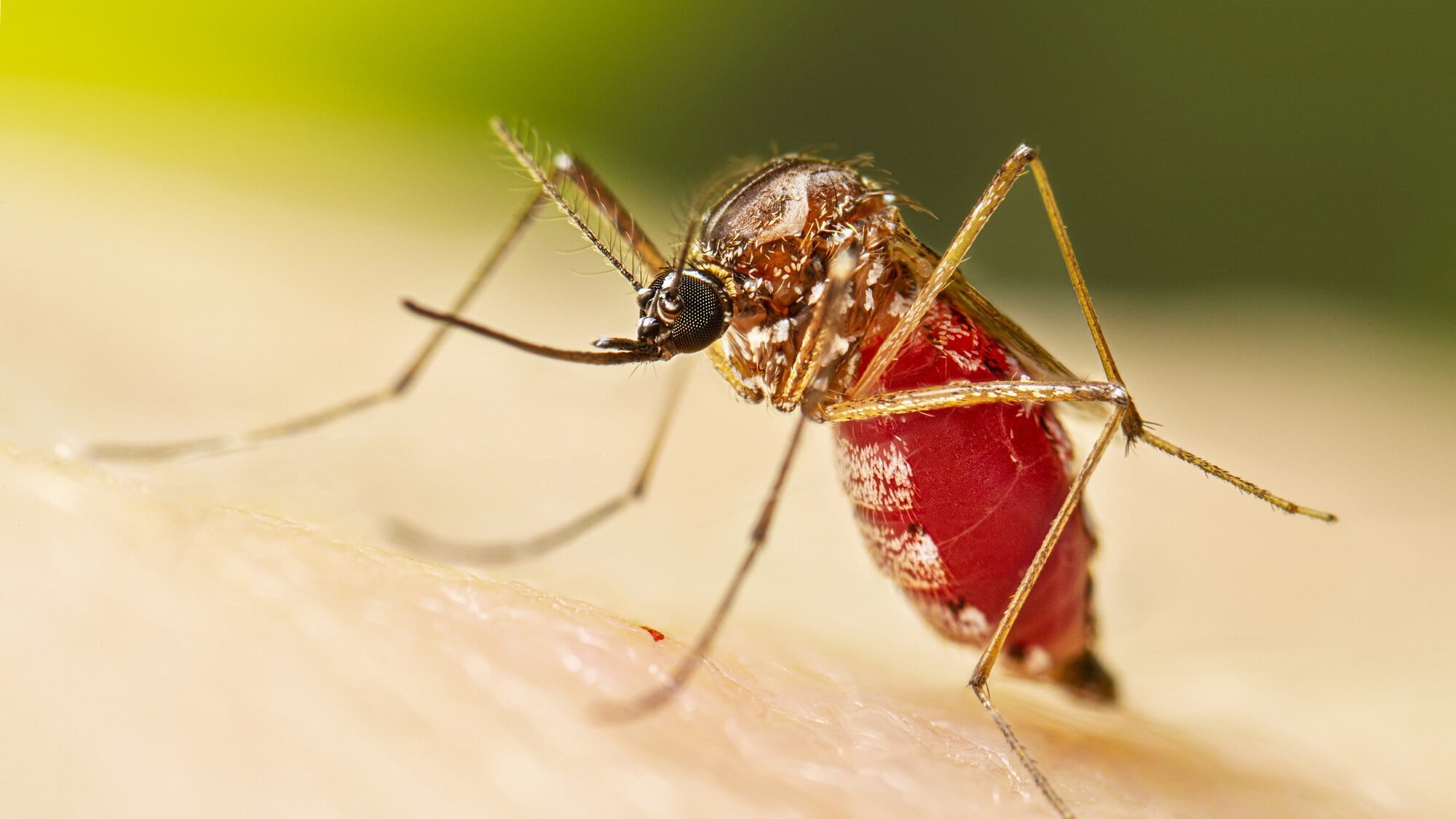Key points
- Chikungunya virus disease (chikungunya) is caused by a virus primarily spread to people through the bite of infected mosquitoes.
- If infected, people can spread the virus to mosquitoes and rarely to other people.
- The risk of a person spreading the virus is highest during the first week of illness.

Primary cause
Chikungunya is caused by a virus that can be found in many parts of the world, including Africa, the Americas, Asia, Europe, and islands in the Indian and Pacific Oceans.
The virus belongs to a group of viruses called alphaviruses. Other alphaviruses causing a similar disease include Mayaro virus and Ross River virus.
How it spreads
- People can become infected with chikungunya virus when mosquitoes feed on another infected person and then bite them.
- People infected with chikungunya virus have high enough levels of virus in their blood (viremia) during the first few days of illness to transmit the virus to mosquitoes.
- Prevent getting infected with chikungunya virus by preventing mosquito bites and getting vaccinated before traveling, if vaccination is recommended for you.
- Because of the high level of virus in blood, spread can occur through:
- Blood transfusion
- Handling infected blood in the laboratory
- Drawing blood from an infected patient
- The virus is not spread from person-to-person and is not spread through coughing, sneezing, or touching.
Pregnancy and breastfeeding
- Rarely the infection can be spread from a pregnant woman to her fetus, mostly during the second trimester.
- If the pregnant woman is infected around the time of delivery, the baby can be infected at birth (i.e., intrapartum transmission), often resulting in severe disease in the baby.
- Chikungunya virus has not been found in breast milk, and there have been no reports to date of infants being infected through breastfeeding.
- Talk to your doctor if you are breastfeeding and have chikungunya or if you are in an area where the virus is circulating.
For Public Health
Transmission of Chikungunya Virus
